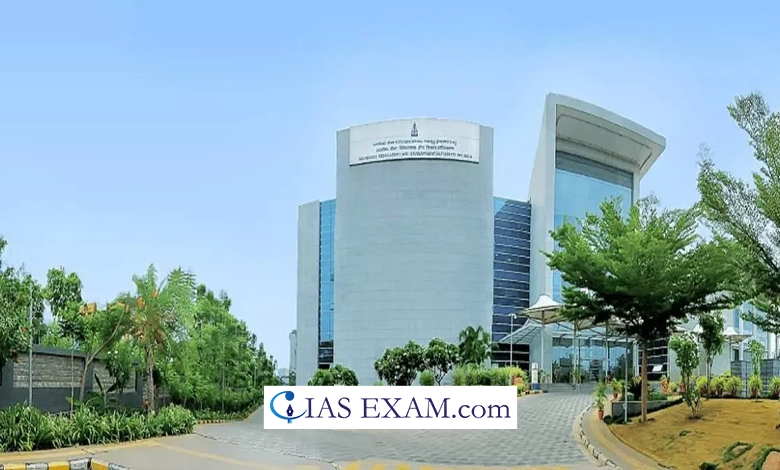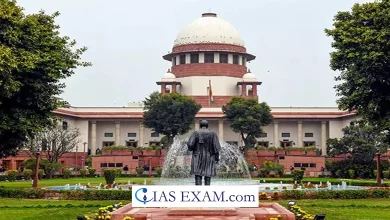
Context
The Insurance Regulatory and Development Authority of India (IRDAI) has recently celebrated its Silver Jubilee.
Insurance Regulatory and Development Authority of India (IRDAI)
- IRDAI was constituted in 1999 as an independent body after the pointers of the Malhotra Committee report to modify and develop the insurance agency.
- It was incorporated as a statutory body on April 19, 2000.
- The Authority has the power to frame regulations under Section 114A of the Insurance Act, 1938.
- Objective: The main goal of the IRDAI is to guard the interests of the policyholder and alter the insurance industry.
- IRDAI is under the jurisdiction of the Ministry of Finance, Government of India.
- It has framed guidelines ranging from registration of corporations for carrying on insurance business to protection of policyholders’ interests.
- Composition:
- The Insurance Regulatory and Development Authority of India (IRDAI) is constituted by an act of parliament.
- The IRDAI is a ten-member body, specified in section 4 of the IRDAI Act of 1999, consisting of
- a Chairman;
- five whole-time members;
- four part-time members;
- All of the members are appointed by the Government of India.
Recent Initiatives through IRDAI
- IRDAI has lifted the age cap on buying medical health insurance regulations, effective from April 1, 2024. Previously, people were constrained to buying new insurance policies only until the age of 65.
- Bima Sugam initiative: It aims to empower all insurance stakeholders by connecting them through a single platform.
- The platform makes use of advanced technology to simplify processes for insurance companies, policy holders’, intermediaries, insurance repositories and outside records assets and many others.
- It has changed 34 guidelines with six rules to decorate clarity and coherence in the regulatory landscape.
- Mandatory e-insurance: IRDAI mandated the digitisation of insurance rules across all categories to streamline processes, decorate performance, and enhance accessibility for policyholders.
- IRDAI has reduced the medical health insurance waiting period from 48 months to 36 months.
- The ready period refers to the duration during which policyholders are not eligible to claim benefits for any pre-existing health conditions they might have for the duration of the acquisition of the insurance policy.
Conclusion
- Over the past two decades, IRDAI has played a pivotal role in fostering innovation, safeguarding customer interest, and propelling industry advancement.
- It has revolutionized the sector by actively engaging with policyholders and prioritizing their well-being with its unwavering commitment to excellence and regulatory standards.
Source: Indian Express
UPSC Prelims Practice Question
Q.Consider the following: [2012]
- Hotels and restaurants
- Motor transport undertakings
- Newspaper establishments
- Private medical institutions
The employees of which of the above can have the ‘Social Security’ coverage under Employees’ State Insurance Scheme?
a) 1, 2 and 3 only
b) 4 only
c) 1, 3 and 4 only
d) 1, 2, 3 and 4
Answer: “d”





.png)



